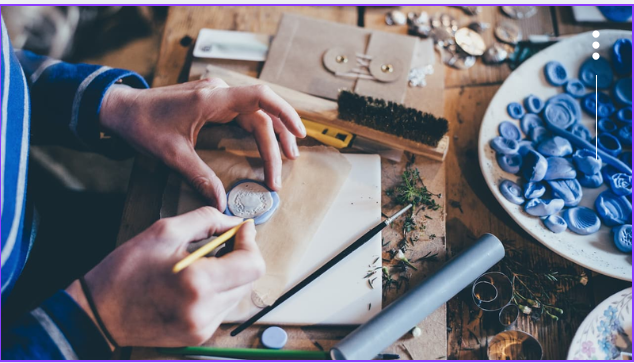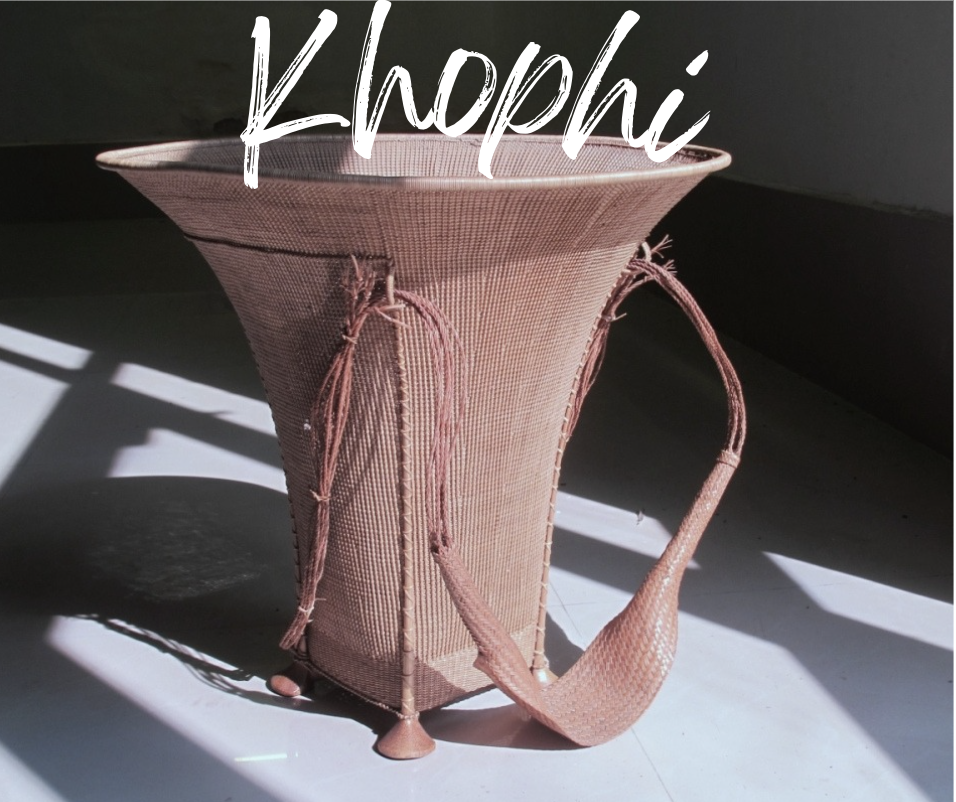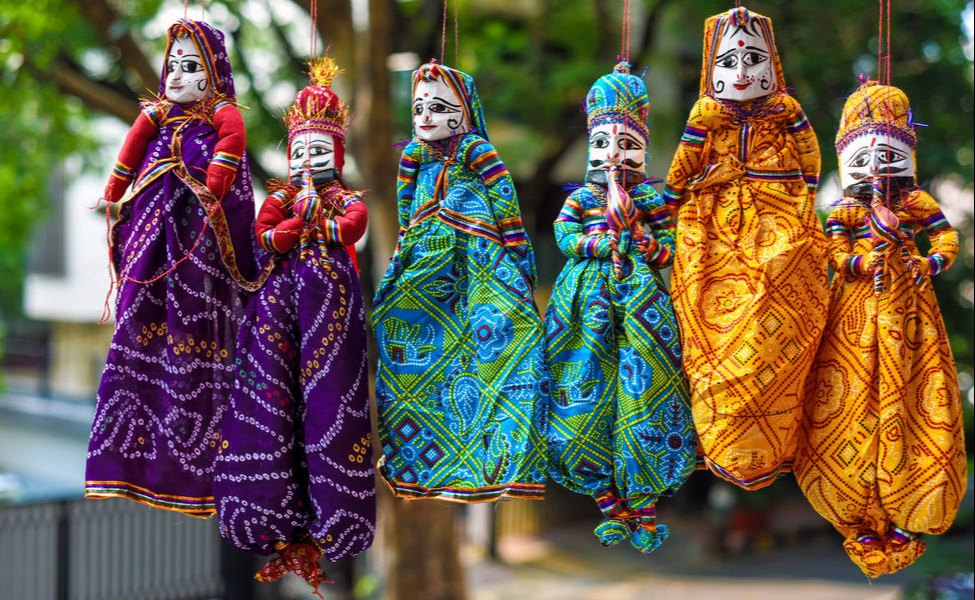Five African Handmade Objects For You To Stock
Oct 17, 2021 | Benedict Cross and Sian John-Baptiste
 Happy Black History Month! Celebrate by taking a look at these five examples of traditional African handmade artistry, from every corner of this richly diverse continent, and the profound impact they’ve made upon the world. Maybe you’ll see a place for one of them in your supply.
Happy Black History Month! Celebrate by taking a look at these five examples of traditional African handmade artistry, from every corner of this richly diverse continent, and the profound impact they’ve made upon the world. Maybe you’ll see a place for one of them in your supply. The Benin Bronzes. Once covering the royal palace of the Kingdom of Benin, in what is now southern Nigeria, many of these plaques are eight hundred years old. The Edo artisans of Benin used sophisticated lost-wax casting methods to create metal plaques an eighth of an inch thick - more advanced than any European technique at the height of the Renaissance. Most of the Benin Bronzes were looted by colonial British forces in 1897. Substantial collections are held by museums in Britain, Germany and the United States, and debates about their return to Nigeria are ongoing.
Though actual Benin Bronzes may be a little difficult to get hold of, the practice of handmade bronze-making in Nigeria never stopped, even after the raid. Osarobo Zeickner-Okoro, Director of the Ahiamwen Guild that creates bronze sculptures, has said ‘I think we make them even better now.’ Handmade Nigerian bronzes are a beautiful and classic item, and stocking them supports the very same industry that created the original bronzes.
Traditional African masks. Found in a massive swathe of cultures between the Sahara and Kalahari deserts, traditional masks fulfilled a dizzying array of social roles - and still do. With ceremonial, religious or theatrical applications, masks are made through complex handmade techniques out of an inventive variety of materials. Their abstract style has had an immense impact on world art, strongly influencing the artistic movements of cubism and expressionism.
Masks are one of the most popular objects of handmade African culture and you’ll find no end of artisans crafting and selling them, across a huge swathe of countries. Due to their variety, you can find one to suit any room and any mood, such as calmness, vibrance, or concentration.
Nguni shields. The economy of Southern Africa was based upon cattle farming, so it’s no surprise that the shields of the region were made of cowhide. They still have important symbolic uses and many are produced for tourists, but they were also historically the most valued possession of the region’s warriors. Though several kinds of shield were employed for hunting or dancing, the largest was the isihlangu or war shield. These were made by hand by the warriors themselves or by specialised artisans, who would treat the leather and fasten it to a central staff.
Shaka Zulu popularised the use of this shield alongside the iklwa or stabbing spear, teaching his warriors to hook the shields of the enemy in a fighting style that revolutionised Southern African warfare. His tactics were so effective that they were later used to defeat a British invasion at the Battle of Isandlwana, where the well-led and well-disciplined Zulu forces overcame the vast technological advantage of the British through diversions, encirclements and skillful maneuvering.
You can make a bold and iconic statement with a stock of Nguni shields - they make fantastically striking wallpieces in both lifesize and miniature.
Kente cloth. Originally handwoven in Ghana, kente cloth creates intricate geometric patterns in bright and eye-catching colours. West African textiles have a history going back thousands of years, and kente cloth was traditionally worn by royalty in the form of togas. Though most kente cloth today is mass-produced, the most expensive cloth remains handwoven in Ghana. You can distinguish your range of handmade cloth with the authentic Ghanian brand, instantly placing you a cut above any factory sources.
Mbira. We take a jaunt to the other side of the continent with the UNESCO-registered mbira or ‘finger pianos’ of Zimbabwe. These instruments belong to a family called lamellophones - a family dominated by instruments from Southeast Africa. These ancient instruments are fashioned by attaching metal tongues of varying length to a wooden board, and are played by plucking with the fingers. They’ve been used by many musicians and bands outside of Africa, such as Earth, Wind and Fire, and have enjoyed such popularity that they’ve even been converted to electric versions. Handmade mbira will delight your customers - easy to play but hard to master, their intricate metallic notes are unmistakable and enchanting.
Interested in stocking any of these beautiful handmade items? Rural Handmade can source them for you. Give us a call at +44 7456176631 or email us at support@ruralhandmade.com, and we’ll supply you with exquisite handmade goods to your specifications, crafted sustainably and ethically.
Thank you for reading!
Recommended



Wholesale / B2b Kathputli Puppets From Ahemdabad
Dec 16, 2024





